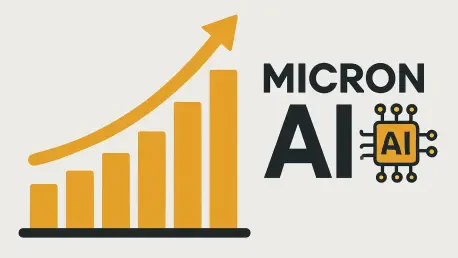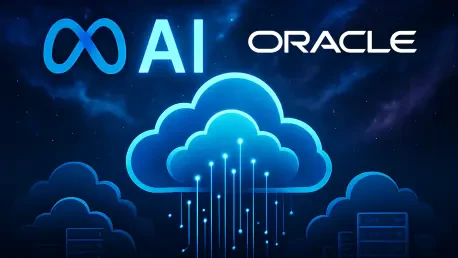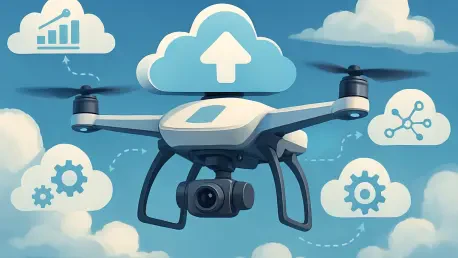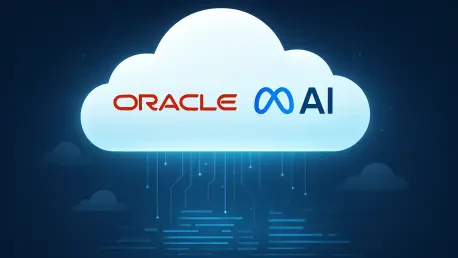
In an era where technology is advancing at an unprecedented pace, one company has emerged as a standout performer by capitalizing on the insatiable demand for artificial intelligence and cloud computing solutions, positioning itself as a leader in the industry. Micron Technology, a leading

In the rapidly shifting landscape of technology, an innovative approach known as vibe coding has emerged as a potential game-changer in software development, challenging the very foundations of how code is created and paving the way for a new era of creativity. Unlike the conventional method where

In an era where digital transformation is reshaping every facet of business and society, the specter of cyber threats looms larger than ever, with data breaches and ransomware attacks becoming alarmingly common and costing organizations millions annually. Enter DevSecOps, a groundbreaking

In a landscape where artificial intelligence is rapidly transforming the tech industry, a staggering $20 billion cloud computing deal between Meta Platforms Inc. and Oracle Corp. has emerged as a potential game-changer, sparking intense curiosity about its implications for AI infrastructure and the

In a landmark development for aerial data management across Australia, Sphere, a leading provider of drone technology solutions, has forged a strategic partnership with Esri Australia, the nation’s premier distributor of geographic information systems (GIS) technology. Announced on September 22,

In the rapidly evolving landscape of technology, few sectors are as dynamic and fiercely competitive as cloud computing, where giants battle for dominance and innovative players seek to carve out their niche. Recent reports of Oracle Corporation engaging in advanced negotiations for a potential $20